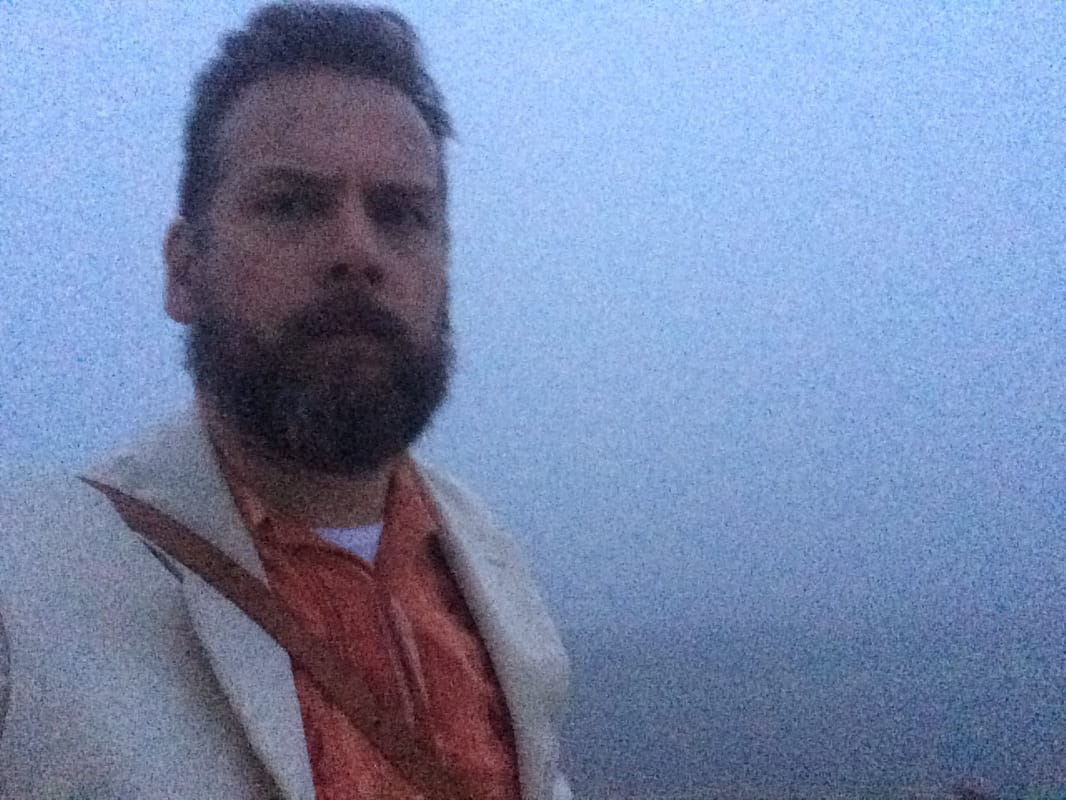|
Set in France during the First World War, Kubrick's 1957 war film is his first major achievement, or perhaps his second after The Killing. As with The Killing, this film also featured a collaboration with Jim Thompson, who though miffed at only being credited with dialogue for the earlier film, returned to work with Kubrick out of a mixture of pride and necessity. Thompson is now much better known as the author of such brilliant hard boiled novels as The Grifters, The Killer Inside Me and The Getaway, which would later become films in their own right to varying degrees of success. Thompson's left wing politics are more than evident in the film (Thompson's most autobiographical book is 1942's Now and on Earth) which is drenched in a world weary cynicism against the ruling classes and reserves its sympathy for the working Joes who, in this context, are literally the cannon fodder for the effete and immaculately bearded generals, one of whom refers to the first wave of men 'absorbing' the fire to allow the second wave to get through. Colonel Dax (Kirk Douglas) is the man caught in-between, condemning the stupidity of the suicidal attack but forced to carry it out, knowing he is one of the few competent officers.
Kubrick's tracking shots first come into their own as Dax marches through the trenches prior to the attack under a steadily worsening barrage of artillery fire. This is cinema at its most immersive as we become part of a total environment. The tracking shots across the battle field show a halting progress which is bought at the cost of terrible loss of life. The soundtrack is made up entirely of the sound of gunfire and high explosive. Narrative, as such, doesn't exist. The attack falters and Dax is back in the trench, cajoling his men to try again. Compare this to Saving Private Ryan, where initial chaos and confusion gives way to a more militarily comforting sense of narrative: clear the wire, take the sniper out, off the beach. The second half of the film is made up of a court martial that seeks to punish three men for the cowardice of the regiment. Each man has a different reaction to his impending doom: the coward grabs religion, the brave man is gripped by violent anger, while the average soldier swings between the two before settling on a dignified resignation. Kubrick's control of the details is masterful and becomes all the better when we get to the firing squad. The prosecutor, who was simply a hissable villain at the trial, reads out the sentence in a frail voice as he seems to realise the gravity of what he has done. Dax, utterly powerless now, a mere spectator is shot in shallow focus. The birdsong of the soundtrack continues even after the firing of the fatal shots, suggesting an indifferent universe. The coda heaps more opprobrium on the high command, allowing Dax to vent, albeit impotently. There was a happy ending Kubrick considered, but in the end he opted for the bleak purity of the novel and Thompson's screenplay. The results was a film that seethes at the hypocrisies of the military and the injustice of war. It was honoured by bans in France, Switzerland and Fascist Spain for its negative portrayal of the army, and yet, oddly, Winston Churchill admired its authenticity.
1 Comment
18/1/2024 05:20:39 am
I wanted to express my gratitude for your insightful and engaging article. Your writing is clear and easy to follow, and I appreciated the way you presented your ideas in a thoughtful and organized manner. Your analysis was both thought-provoking and well-researched, and I enjoyed the real-life examples you used to illustrate your points. Your article has provided me with a fresh perspective on the subject matter and has inspired me to think more deeply about this topic.
Reply
Leave a Reply. |
AuthorJohn Bleasdale is a writer. His work has appeared in The Guardian, The Independent, Il Manifesto, as well as CineVue.Com and theStudioExec.com. He has also written a number of plays, screenplays and novels. Archives
March 2019
|
 RSS Feed
RSS Feed


